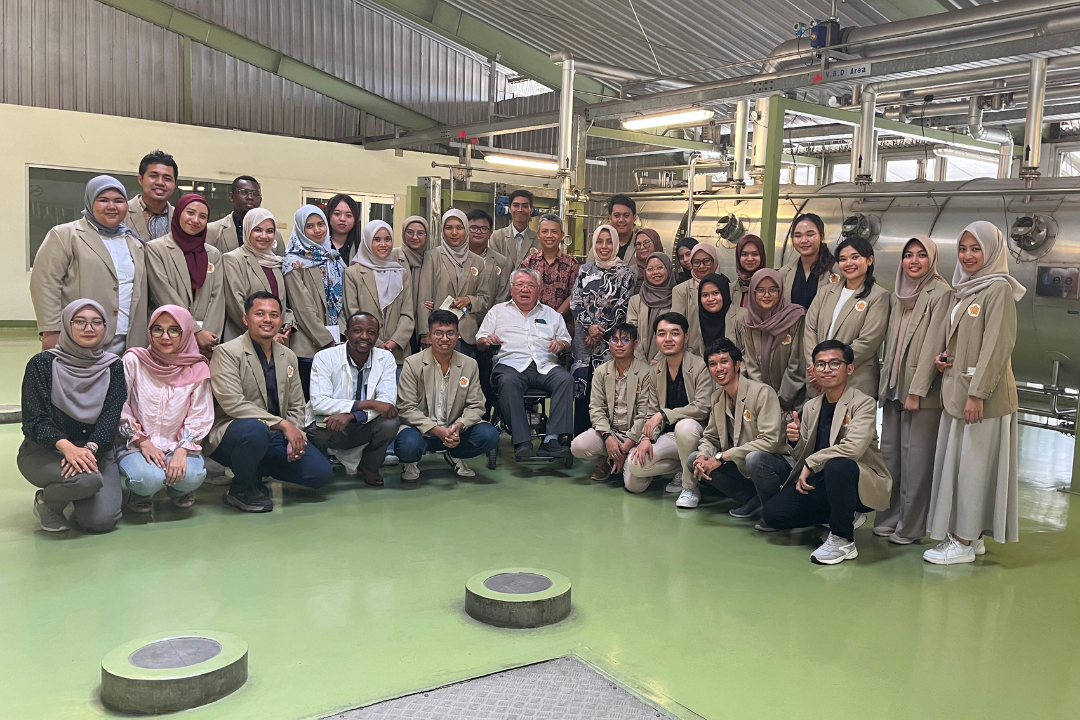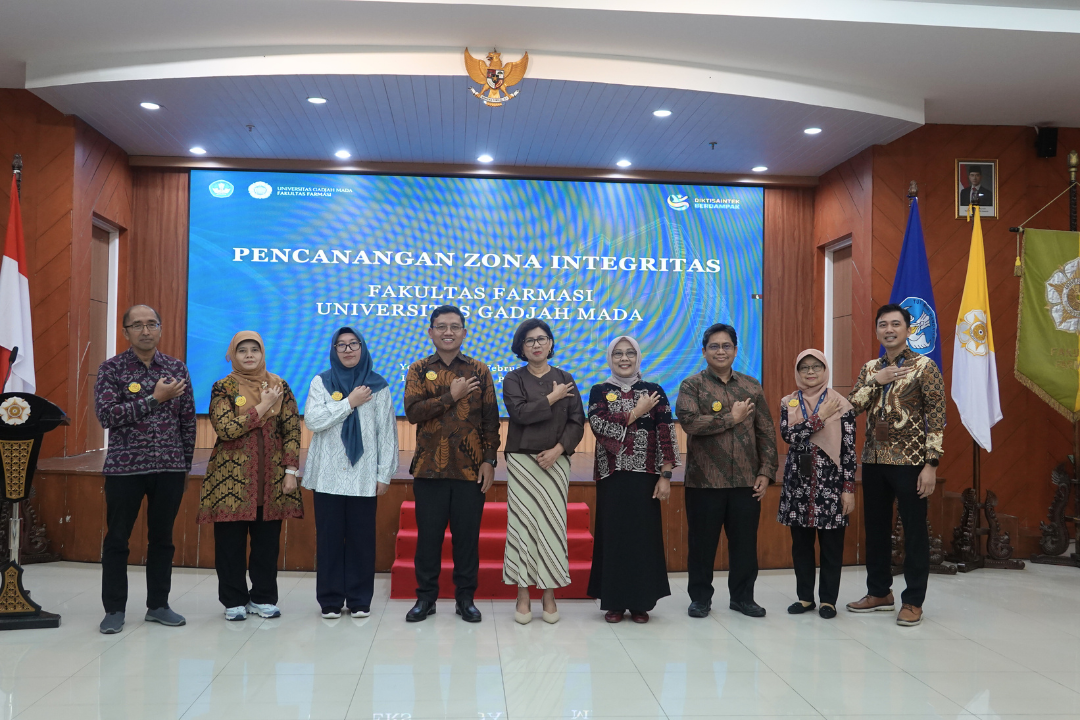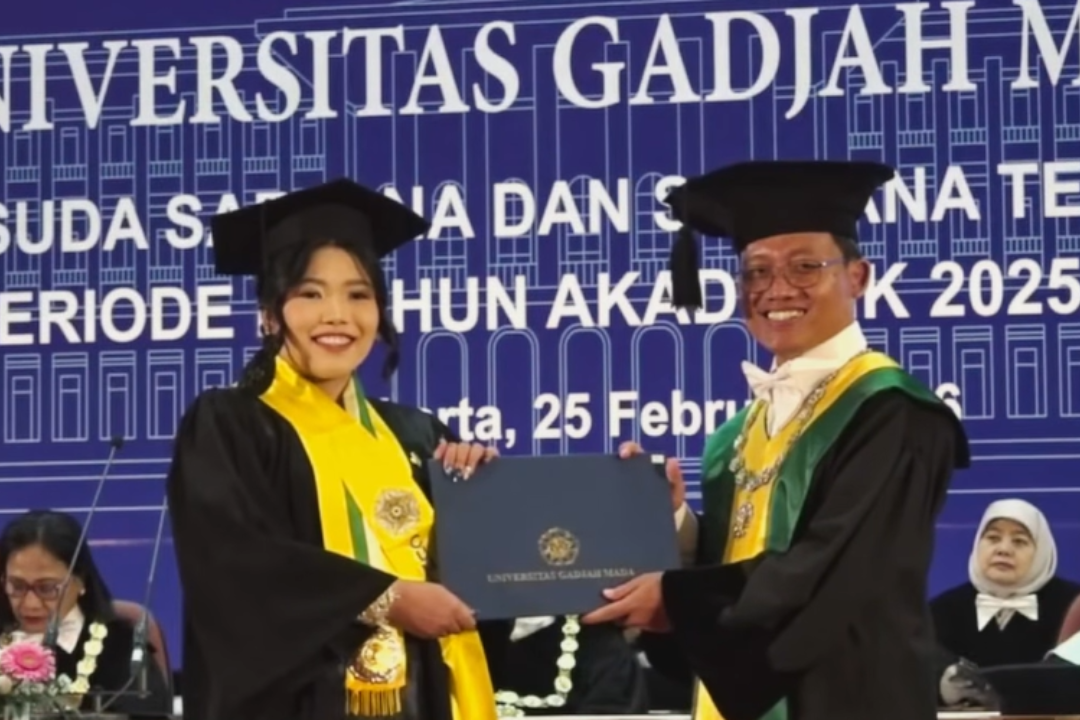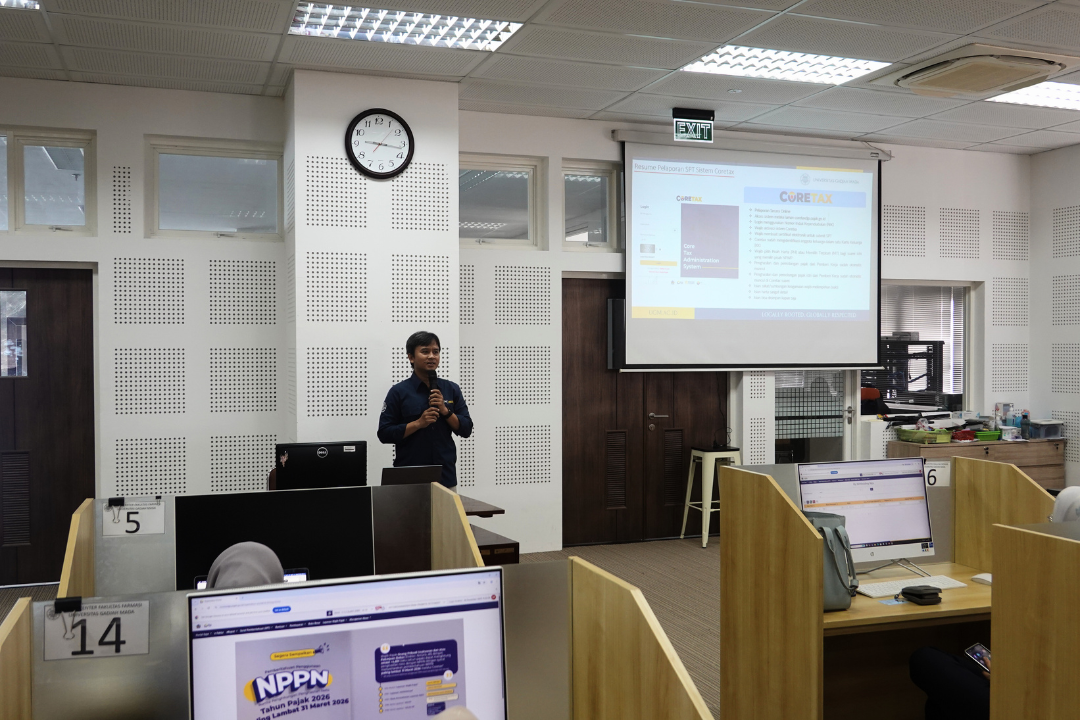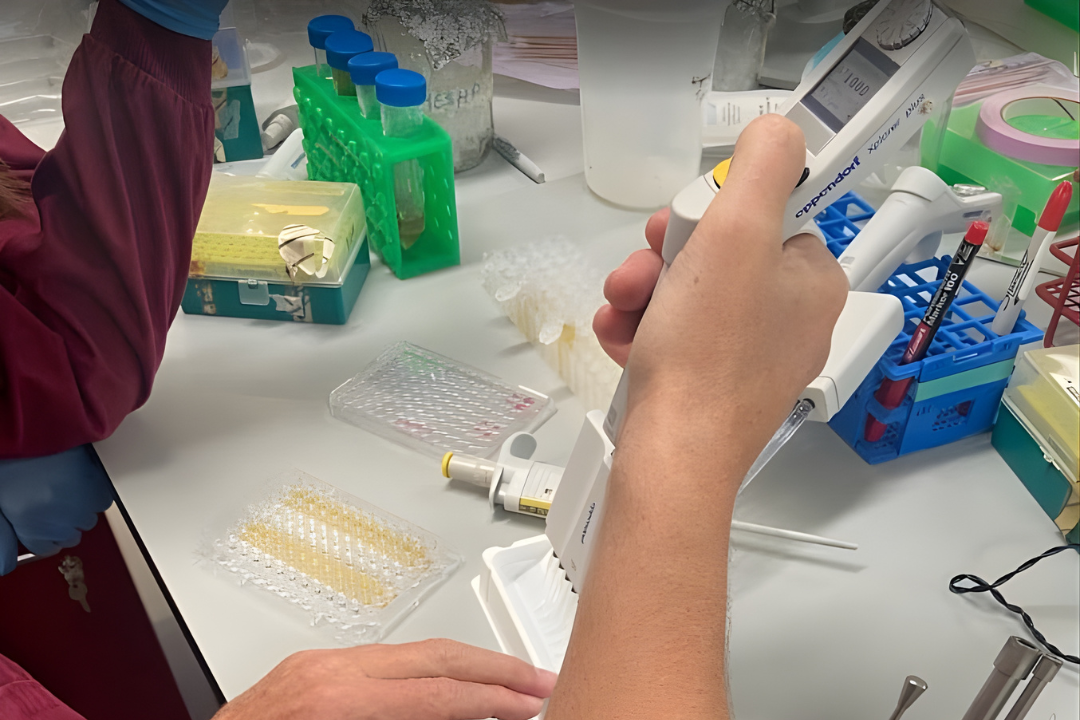Wednesday, July 2, 2025 – The Master of Pharmaceutical Science Program from the Faculty of Pharmacy, Universitas Gadjah Mada (UGM), organized an industrial visit to PT Jamu Borobudur in Semarang. This activity was a key component of the “Extraction Technology” and “Research Implementation and Commercialization” courses. The primary objective was to expand students’ knowledge of how natural ingredient extraction is applied on an industrial scale and to understand the stages of transforming research into market-ready traditional medicine products.
The delegation of 32 students from the 2024 cohort was accompanied by their supervising lecturer, Prof. Dr.rer.nat. apt. Triana Hertiani, M.Si. They were officially welcomed by PT Jamu Borobudur’s owner, Mr. Rachmat Sarwono, and the Operational Manager, apt. Joko Kawiyanto, M.M.
PT Jamu Borobudur was chosen for this visit due to its reputation as a leading player in the jamu (traditional Indonesian herbal medicine) industry, recognized for adopting modern production technology and maintaining a strong commitment to quality and herbal product development. The visit gave students a firsthand look at the complete production workflow, beginning with the reception of raw herbal materials (simplisia), initial quality control checks, and the processes of sorting, washing, and drying. This was followed by industrial-scale extraction, evaporation, sterilization, and drying with a vacuum belt dryer, culminating in the creation of a dry extract in granule or fine powder form, ready for use as an active ingredient.
During the tour, students were also introduced to the manufacturing process for finished dosage forms, such as pills and capsules. For pill production, the demonstrated steps included ingredient mixing, granule mass formation, pill molding, drying, polishing, and primary packaging. For capsules, students observed the process of filling powder into capsule shells, capsule cleaning (dedusting), sorting, and packaging. All procedures were conducted according to industry standards and segregated by production room classification: Class I for production and primary packaging, and Class II for secondary/tertiary packaging and storage of finished goods. The detailed explanation of the facility layout and quality management system provided a profound understanding of the critical importance of hygiene, efficiency, and regulatory compliance in Indonesia’s traditional herbal medicine (jamu) industry.
The experience was further enriched by a discussion session with Mr. Rachmat Sarwono, who personally shared his insights, experiences, and inspiration regarding the management of a jamu business, the challenges of maintaining consistent quality in herbal products, and the importance of collaboration between academia and industry. Additionally, students received presentations from PT Jamu Borobudur’s Research and Development (R&D) and Quality Control (QC) teams on product innovation, formula development, and the quality and stability testing crucial for ensuring the efficacy and safety of their jamu products.
This initiative is not only academically and professionally relevant but also aligns with several Sustainable Development Goals (SDGs). The effort to produce safe, high-quality herbal products supports SDG 3 (Good Health and Well-being). The visit itself, bridging theory with practice, is a form of SDG 4 (Quality Education). The focus on modern technology, innovation, and research commercialization aligns with SDG 9 (Industry, Innovation, and Infrastructure). Furthermore, the entire event exemplifies SDG 17 (Partnerships for the Goals), highlighting the value of effective collaboration between academia and industry for mutual advancement.
Through this industrial visit, students gained a comprehensive overview of the jamu industry’s production processes and obtained direct experience that reinforced the theoretical knowledge from their coursework. This engagement is expected to empower students and better prepare them to meet the challenges of the professional world, especially in the development and commercialization of herbal products that meet both quality standards and public demand.

